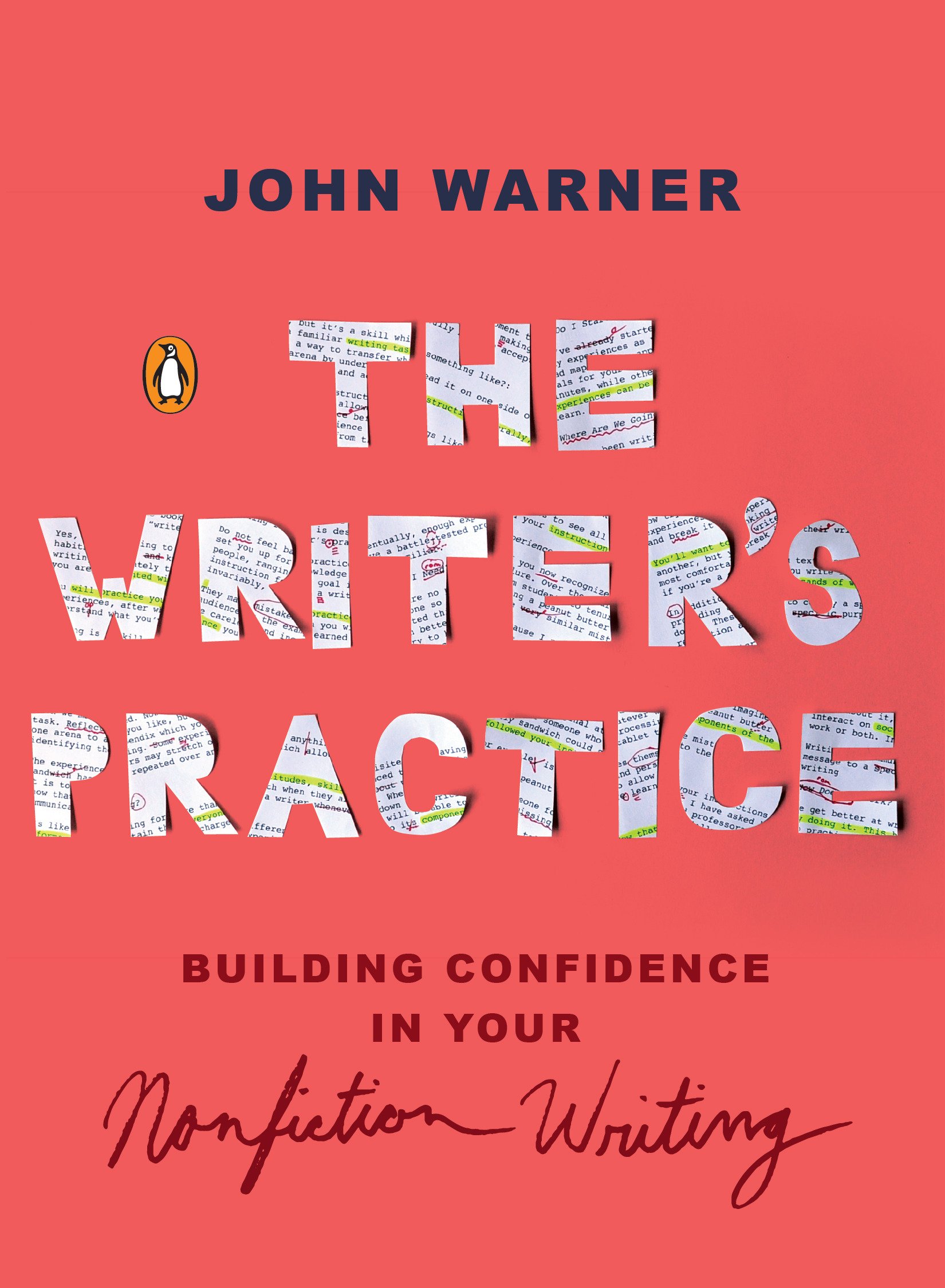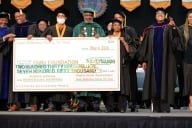You have /5 articles left.
Sign up for a free account or log in.
What is first-year composition?
It’s a course that’s required in one form or another at just about every two-year and four-year institution in the country, part of the institutional “core,” and yet when I ask this question, there’s only limited agreement about what the thing actually is.
We know that despite it being the course more students will take than any other, FYC is not important because it is often taught by some of the most overtaxed faculty in the institution, many of whom may be traveling between multiple institutions, while making less (even much less) than $3000 per course. They may not have office, have no access to professional development, and no hope for promotion.
Sometimes, on the first day of class, I’d my first-year composition students what they believed the purpose of the course was. I wanted to better understand the perceptions and attitudes they were bringing to the task.
The most common answer was a shrug. To the extent they had an answer other than a shrug, students guesses tended to cluster around believing that the course was designed to prepare them for future academic writing challenges.
When I asked what that meant, they’d often say, “You know, where to put the parentheses and page numbers and stuff.”
Ask different groups around campus to articulate the purpose of first-year composition and you will get many different answers, many of which have no relation to the reality of the course itself. Some think it’s an “English” course focused on literary analysis. Others see it in ways similar to the students, a course designed to explicitly prepare students for writing in college.
In this view, the course is meant to be a service, not just for students, but other faculty, ridding them of the less pleasant parts of helping acclimate students to writing in college contexts.
You know, where to put the parentheses and page numbers and stuff.
We can already see some problems lurking underneath this answer. If FYC is a course designed explicitly to prepare students for other courses, what kind of course does that make first-year composition?
Is it first-year composition or do you prefer first-year writing? Is there a difference? What if we call it “academic writing,” is this still different, or are we all just describing essentially the same thing?
We can’t ignore that even within first-year composition at a single institution there will be tremendous variation section-to-section, instructor to instructor. (Never mind across institutions.) Are these variations akin to saying that first-year composition is “ice cream” and the differences are a matter of flavor, or is FYC more like “dessert” and one section is cake, while another is pie, and still another is cotton candy? It could even be cheese, though cheese for dessert has never made sense to me.
The more I think about first-year composition in general, the less I believe I could describe it in any way that applies beyond my own pedagogical values.
If you can’t tell already, this is one of those thinking-out-loud type posts where my ideas are sincerely held, but also provisional (some of them anyway). Additional information or other perspectives could cause me to change my view, but here’s some thoughts on what first-year composition is and isn’t.
FYC should not be framed as preparation for other courses, or specific school-related tasks (“research papers”). This instrumentalist approach is both impossible in terms of being able to actually prepare students for those future demands, and constrains the potential of a FYC course to be a meaningful experience for students in and of itself.
In reality, unlike something like Biology 101, Biology 102, Biology 201, etc…in many cases, first-year composition is not actually sequenced with any other course, and is more often a discrete experience. Even when it is a pre-requisite for another course, the relationship between FYC and what comes next can be tenuous.[1]
And the notion that a single semester course could prepare students to operate effectively within multiple academic genres that are further complicated by the specifics of the discipline is beyond fanciful.
Similarly, FYC should not be viewed as a gateway to the “real” pleasures that lie beyond freshman year required gen-ed classes. I have heard this attitude explicitly expressed by both students and faculty. Under this frame, FYC becomes a kind of penance to be paid, an attitude which also extends to gen ed classes overall, but is I believe highly pronounced with FYC.
First-year composition’s status as part of the “core” plays a role in perpetuating some of the problems associated with the course, most notably the use of contingent faculty to teach it. On the one hand, being a part of the “core” gives it a privileged status in that it must exist, but this also makes it prone to neglect, kind of like my body’s core of my abdominal and back muscles which don't get nearly the attention they deserve relative to their importance.
FYC becomes a chore, rather than a choice. This status clearly influences the kinds of resources that are put towards the course. Even the structure of how FYC is organized with a supervisory faculty member (sometimes not even tenured) overseeing a fungible cadre of contingent faculty suggests that FYC is something to be “managed.”
How to respond?
My approach over the years has been to move as far away as possible from an instrumentalist view of the course, to ignore any specific downstream objectives and instead design the experiences as though it may be the only writing course students will ever take.
(This has the benefit of also quite possibly being true, depending on students’ majors.)
My objective is to put students on a trajectory that will help them be able to wrestle with any writing-related problem which may come their way in the future, be it in or out of school.
In service of that goal, I organize the course around what I call “the writer’s practice,” the skills, attitudes, knowledge, and habits of mind writers possess and put into use when they are writing.
The writer’s practice frames writing as an act of thinking in the attempt to communicate with an audience with specific needs, attitudes, and knowledge. First-year composition is a course oriented around practicing the writer’s practice.
I believe this so strongly, I put it all into a book, unsurprisingly titled, The Writer’s Practice: Building Confidence in Your Nonfiction Writing.
The book embodies the experiences that I believe will help writers develop practices which are flexible and adaptable and allow them to best chance to process information in the world and share their own points of view in return. This is what I wish for students existing a first-year composition course.
What do you wish for students exiting a first-year composition course? Why?

[1] For example, FYC has been a pre-requisite for every creative writing course I’ve ever taught, and there is nearly zero curricular relationship between FYC and fiction writing.





